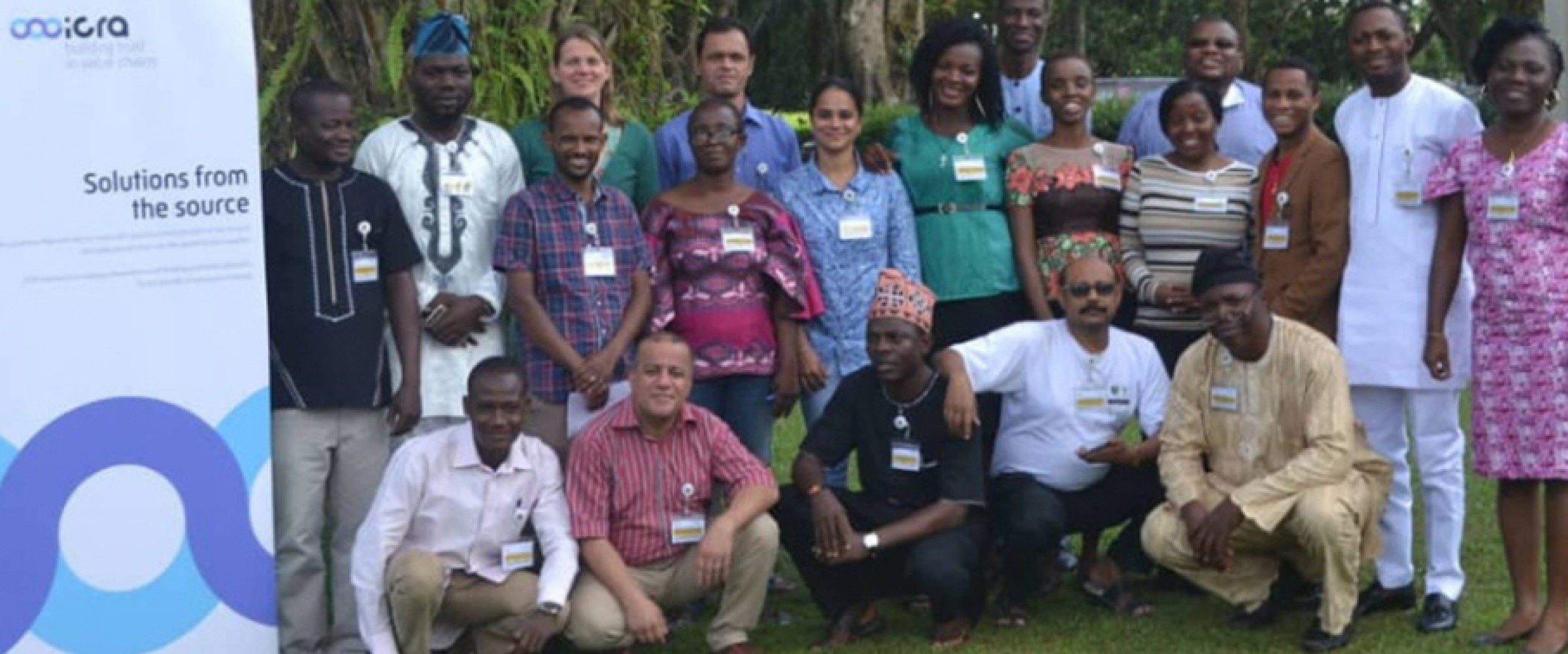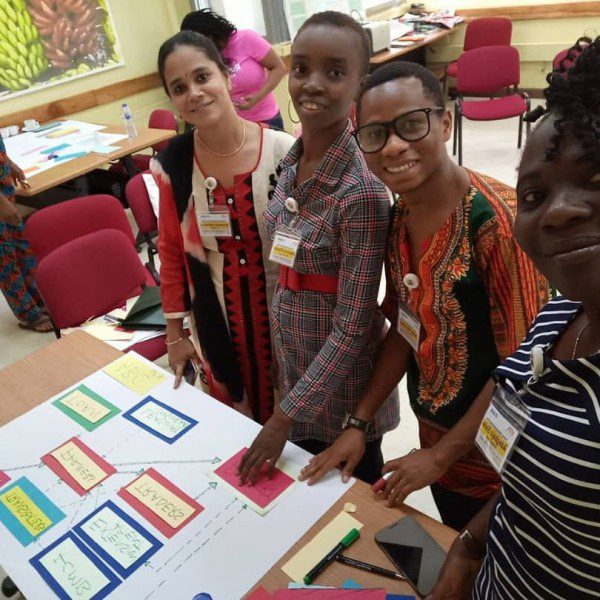
Making Agribusiness Work – My tale of an iCRA course
7 COUNTRIES, 19 STUDENTS, 3 TRAINERS, AND 2 WEEKS.
Imagine you are in a class where you are the youngest and your course mates come from seven different countries, backgrounds, origins and different levels of experiences, such as professors, doctors, and actors, who have been practicing even before you were born.
This is the description of the situation I found myself at the “Making Agribusiness Work” course organized by iCRA Wageningen, The Netherlands.
It has indeed been a fruitful two weeks for me, learning how to make agribusiness work, especially for the smallholders.
It’s no news that over 80% of the foods we eat in Africa are produced by smallholders in rural villages. These farmers are highly disadvantaged economically, as well as in formal education.
On the other hand, the food and agricultural experts from African Universities are trained to serve the large commercial farms, who are, in most cases, very few. The smallholders that constitute the majority of food producers can either not afford the services of the trained experts or do not make a good business sense to do so. As a result, we are faced with the two-fold challenges of experts who do not have enough market for their services, and an existing market of smallholders who do not have trained experts to serve them.
They’ve got to be a way to make agribusiness sustainable and profitable in Africa, and especially for the smallholders. This is the center focus of the “Making Agribusiness Work” course organized by iCRA at the International Institute For Tropical Agriculture(IITA), Ibadan.
I was privileged to be part of this two-week, down-to-earth, practical and real-life oriented course as an Orange Knowledge Program (OKP) scholar. The course equips me with the necessary skills with which to build trust among the actors along the agribusiness value chain that can lead to a win-win situation for everyone.
One of the profound lessons that stood out for me in this course is the Agribusiness Cluster (ABC) approach, as against the conventional farmers corporation or producers association approaches. This model, according to our facilitator, is based on the ”eat, let’s eat” model. The model is built on the foundation that the pie can always be made large enough for everyone to take a bite if we can strike a balance between coordination and competition among the major stakeholders along the value chain.

From this course, I am better equipped not only to communicate, facilitate trust and negotiate a win-win situation for Agribusiness Clusters, but to also make agribusiness work for both smallholders and every other actor along the value chain.
I will love to Appreciate the Orange Knowledge Programme (OKP) of the Netherlands for granting me the scholarship to be part of this course.
Besides the quality and relevant course contents, the relationship, networking and the bond between the participants are exceptional. It’s so amazing to see everyone so down-to-earth. Humility indeed is a virtue.
I will greatly miss both my course mates and trainers.
If you want to make your agribusiness work, Yours Sincerely will not hesitate to deploy the acquired knowledge and skills from this course to help you. You can always reach out to me at any time.

Recent Comments